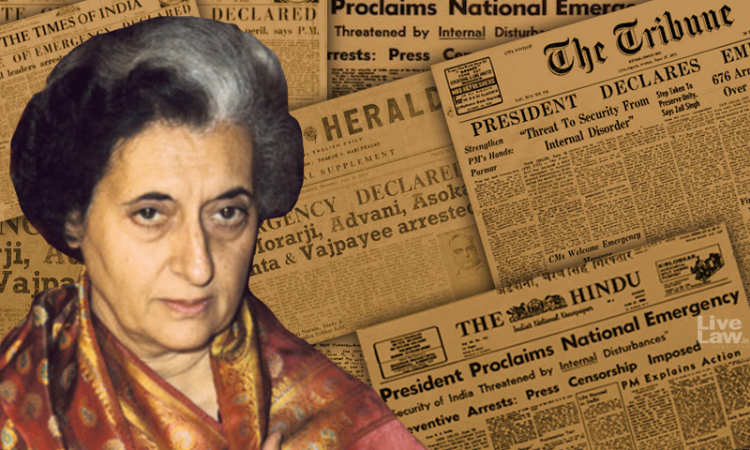'What Kind Of A Plea Is This?' : Supreme Court Adjourns Plea Seeking Compensation For Sufferings Due To Emergency
Radhika Roy
7 Dec 2020 2:09 PM IST

Next Story
7 Dec 2020 2:09 PM IST
"What kind of a plea is this?", noted the Supreme Court on Monday while adjourning the plea filed by a 94 years-old widow, seeking for the Proclamation of Emergency in 1975 to be declared as unconstitutional and for a compensation to the tune of Rs. 25 crores from the authorities who have participated in the same. A Bench headed by Justice Sanjay Kishan Kaul was presiding over the...
